Understanding Privacy Laws and Regulations for Body-Worn Cameras
Body-worn cameras (BWCs) have become essential tools for law enforcement, security personnel, and even private businesses. They enhance transparency, accountability, and evidence collection, but they also raise significant privacy concerns.
As their use expands, so do legal and ethical questions:
-
When is recording allowed?
-
How should footage be stored and shared?
-
What rights do individuals have regarding recorded data?
This blog explores key privacy laws and regulations governing body-worn cameras, helping organizations and individuals stay compliant while balancing security and privacy.
Why Privacy Laws Matter for Body-Worn Cameras
BWCs capture sensitive footage—sometimes in private spaces, during emergencies, or involving vulnerable individuals. Without proper regulations, misuse can lead to:
-
Violations of personal privacy rights
-
Unauthorized data leaks
-
Legal penalties for non-compliance
Different countries and industries have specific rules to prevent abuse. Below, we break down the most important regulations.
Key Privacy Laws by Region
1. United States: A Patchwork of State & Federal Rules
The U.S. has no single federal law for BWCs, but several regulations apply:
Federal Level:
-
Fourth Amendment – Protects against unreasonable searches; affects when police can record.
-
First Amendment – In some cases, public recording is protected (e.g., citizen filming of police).
-
State-Specific Laws – Over 25 states have BWC laws (e.g., California’s SB 1421, requiring footage release in police misconduct cases).
Key Requirements:
✔ Consent in Private Spaces – Some states require two-party consent before recording (e.g., Massachusetts).
✔ Data Retention Policies – Footage must be stored securely and deleted after a set period (e.g., 30–180 days, depending on the case).
✔ Public Access Laws – FOIA (Freedom of Information Act) requests may apply to police footage.
2. European Union: Strict GDPR Compliance
Under the General Data Protection Regulation (GDPR), BWCs must follow strict rules:
-
Lawful Basis for Recording – Must have a legitimate purpose (e.g., public safety).
-
Data Minimization – Only record necessary footage; avoid excessive surveillance.
-
Right to Erasure – Individuals can request deletion if no legal reason to retain footage.
Example: UK police follow the Surveillance Camera Code of Practice, requiring signage where BWCs are used.
3. Canada: PIPEDA & Provincial Laws
-
PIPEDA (Personal Information Protection Act) – Requires consent unless for law enforcement.
-
Police-Specific Rules – Many provinces mandate clear policies on BWC activation and storage.
4. Australia: Privacy Act & State Guidelines
-
Privacy Act 1988 – Applies to businesses using BWCs (e.g., security firms).
-
State-Level Policies – NSW and Victoria require public notices when recording in certain areas.
Industry-Specific Regulations
Law Enforcement
-
Activation Policies – Officers often must announce recording (e.g., during arrests).
-
Redaction Requirements – Faces of bystanders may need blurring before release.
Private Security & Businesses
-
Employee Consent – Staff wearing BWCs must usually agree to policies.
-
Customer Notification – Signs or verbal notices may be required (e.g., in retail stores).
Healthcare & Sensitive Areas
-
HIPAA (U.S.) – Prohibits recording in medical settings without strict controls.
-
Special Protections for Minors – Schools often need parental consent for BWC use.
Best Practices for Compliance
To avoid legal risks, organizations using BWCs should:
1. Develop Clear Policies
-
Define when and where recording is allowed.
-
Train staff on proper use and deactivation.
2. Secure Data Storage
-
Use encrypted cloud storage with access logs.
-
Set automatic deletion timelines for non-essential footage.
3. Provide Transparency
-
Post visible signage in monitored areas.
-
Allow subject access requests (where legally required).
4. Conduct Regular Audits
-
Review footage access to prevent misuse.
-
Update policies as laws evolve.
The Future of BWC Privacy Laws
As AI and facial recognition integrate with BWCs, new challenges emerge:
-
Biometric Data Laws – Some U.S. states (e.g., Illinois’ BIPA) restrict facial recognition.
-
Real-Time Analytics – Could enable live monitoring but raise privacy debates.
-
Global Standardization – More countries may adopt unified BWC regulations.
Conclusion: Balancing Security & Privacy
Body-worn cameras offer valuable benefits but must comply with complex privacy laws. Organizations should:
✅ Research local regulations before deploying BWCs.
✅ Implement strict data controls to protect individuals.
✅ Stay updated as laws evolve.
By following best practices, businesses and law enforcement can enhance security while respecting privacy rights.
No comments





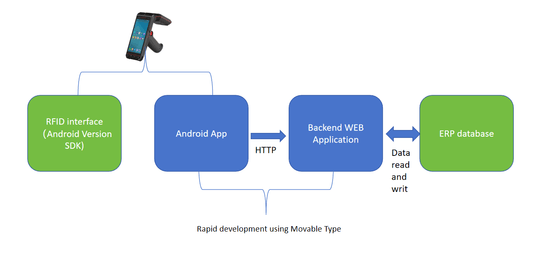
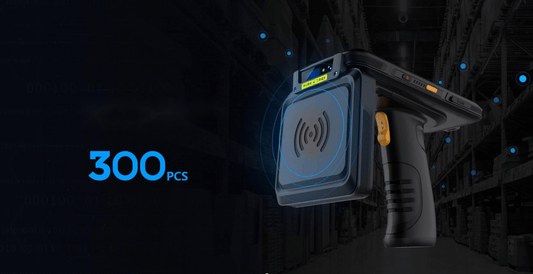
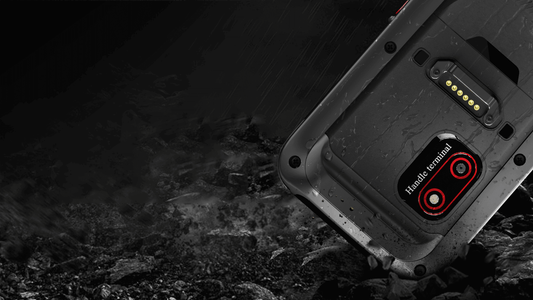


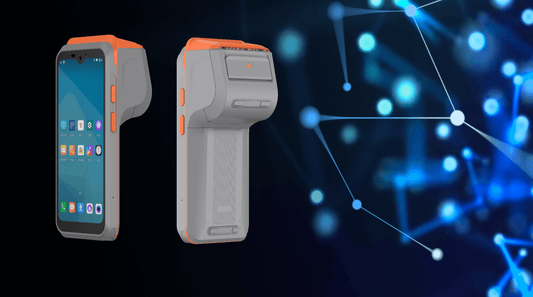
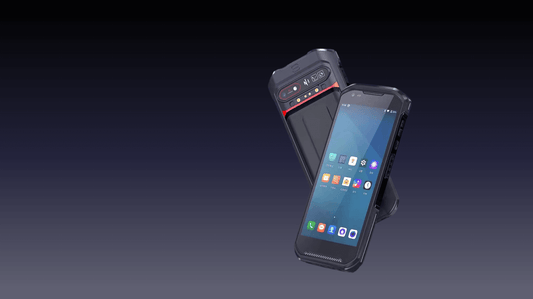
0 comments